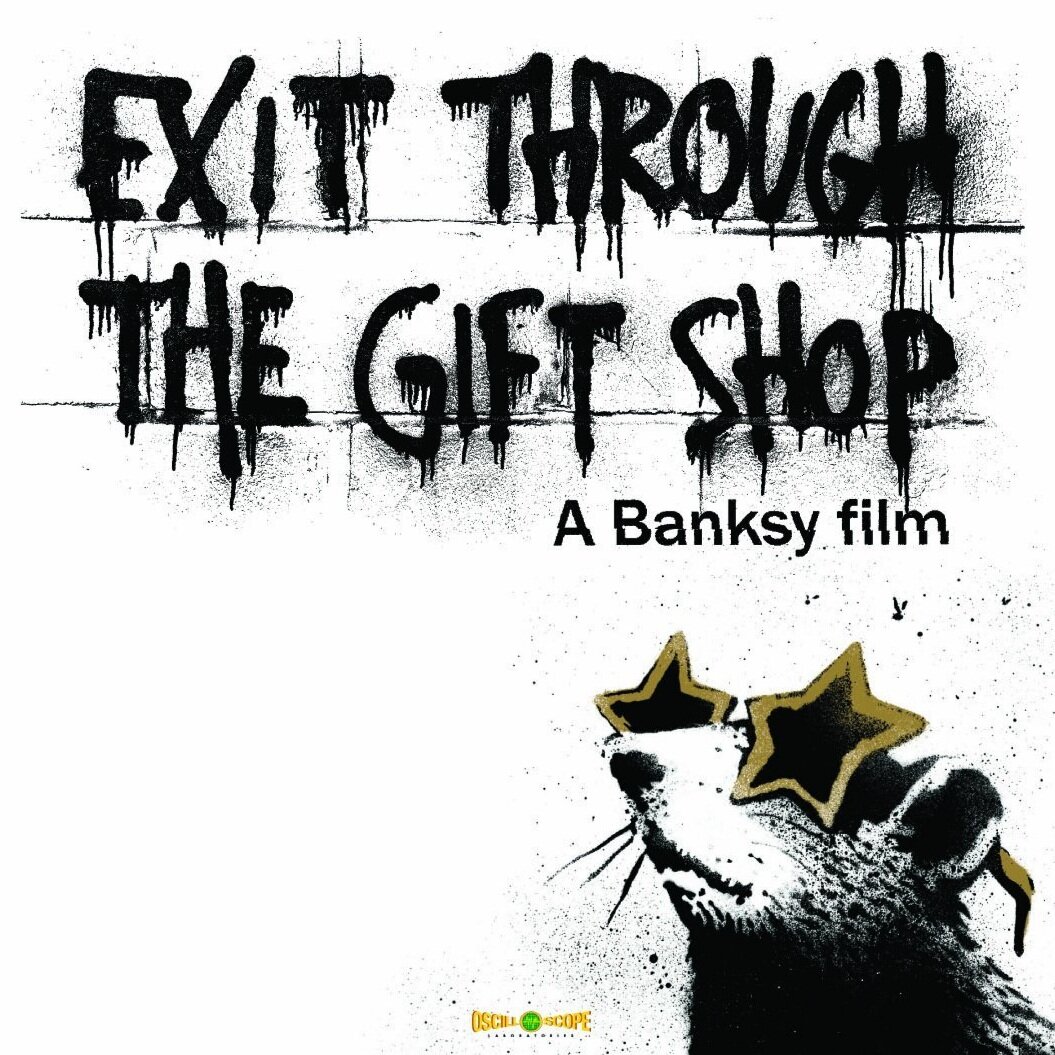Nobody Has A Future: Mike Leigh’s Naked
“I've got an infinite number of places to go, the problem is where to stay.”
Bleak. Desperate. Violent. Acerbic. Mike Leigh’s Naked is as relevant in Post-Brexit Britain as it was almost thirty years ago upon release. It explores themes of misogyny, class, conspiracy and religion, and like most of Leigh’s films, refuses to resolve anything, leaving us to think about which side of history we want to be on. Filmed at the height of post-Thatcherite Conservatism, and in a particularly grim time for the country economically, culturally and with waning influence in the world, Naked could just as easily have been released this year to the same effect.
“Do you think you can recapture your youth by fucking it? You don't want to fuck me, you'll catch something cruel.”
Naked centers around Johnny, a sarcastic, sardonic, sadistic drifter who we first meet in the opening scene mid-rape. It sets the tone for what’s to come. The rape is violent, brutal, and takes place in a dimly-lit alleyway in Manchester. Johnny gets interrupted and chased off, stealing a car and fleeing south to Dalston, an uninspiring neighborhood of East London. He’s played to tremendously obnoxious effect by the then-unknown David Thewlis, in one of his earliest roles, who’d previously worked with Leigh on the equally wonderful Life Is Sweet. In London he seeks out Louise (Lesley Sharpe), a former Mancunian girlfriend who now lives with the well-to-do Sandra (Claire Skinner), and the drifting Sophie (Katrin Cartlidge). Johnny and Sophie connect, and talk philosophy and religion over tea and cigarettes, before the conversation turns sexual, and inevitably violent. Johnny’s a complicated character, both intellectual and well-read, but conspiratorial and cruel. His dialogue twists and turns between dark humor, puns and cultural references to old wounds, emotional distress and the origins of his sociopathy.
“Was I bored? No, I wasn't fuckin' bored. I'm never bored. That's the trouble with everybody – you're all so bored. You've 'ad nature explained to you, and you're bored with it. You've 'ad the living body explained to you, and you're bored with it. You've 'ad the universe explained to you, and you're bored with it. So now you just want cheap thrills and like plenty of 'em, and it dun matter 'ow tawdry or vacuous they are as long as it's new, as long as it's new, as long as it flashes and fucking bleeps in forty different colors.”
Increasingly bored with Sophie’s company, Johnny takes off into the night, ending up on Brewer Street in SoHo, where he encounters several equally lost individuals. There’s Archie and Maggie, a young Scottish couple on the run down south after Archie’s violent attack on his father. They’re not just lost emotionally, they’re also lost from each other, with Johnny helping them find each other in some of the bleakest, but also most humorous scenes in the movie. Ewan Bremner, who we’d later see as Spud in Irvine Welsh’s Trainspotting, plays the disturbed, distracted and aggressive Archie, barely intelligible to Johnny such is his thick Glaswegian accent and appetite for fighting. Archie’s anxious and alone, which Johnny aggravates by asking him, “What’s it like to be you? A bit hectic?” Archie responds in characteristic fashion by yelling at Johnny to fuck off.
“You see, the thing is, Brian, that God is a hateful god. Must be, because if God is good, then why is there evil in the world? Why is there pain and hate and greed and war? Doesn't make sense. But if God is a nasty bastard, then you can say, "Why is there good in the world? Why is there love and hope and joy?”
In one of the most memorable sequences in the movie, Johnny is at his most inspired, most conspiratorial, and most intellectually rigorous in encountering Brian, a lonely security guard whose sole responsibility in life is to ensure no one trespasses into the empty office building he protects. Brian’s optimistic with a strong love of learning, but he’s no match for Johnny’s sarcasm, which relentlessly follows Brian around on his duties as they discuss the apocalypse. Johnny leans on religion, astronomy, and military conspiracy to paint the bleakest of futures. Brian is excited about his retirement to a cottage in the countryside and believes his past lives are confirmation that he’ll be reincarnated one day.
The two spar over the impending millennium, which for contemporary audiences was a very real concern in 1993. Johnny cites the Book of Revelations and connects it to the ubiquitous bar code as a signal of the end of days, while Brian, often struggling to keep up, spars with him, challenges him, but is ultimately dismissed by him again and again. Johnny’s intelligent, but he’s also a loudmouth incapable of hearing anyone else’s voice but his own. The clash of pessimism and optimism as the two do the rounds in the darkened office space, with much of the dialogue improvised, is completely enthralling. We end the scene with Brian going for breakfast after his shift, and Johnny moving on to his next target, but nobody’s the wiser for what’s happened.
“I don't know what they want from you half the time. What they start off liking you for, they end up hating you for. Don't like you if you're strong. Don't like you if you're weak. Hate you if you're clever, hate you if you're stupid. They don't know what they want.”
Johnny drifts back to the waitress’ apartment, where they awkwardly exchange conversation, and there’s a genuine sadness to both of their situations, punctuated by some wonderful jokes at the expense of Homer’s Iliad. Like all of his encounters, the conversation soon sours, and after being beaten up and robbed, again as a result of his mouth, Johnny finds himself back at Louise’s place in Dalston, where the world’s worst landlord, Jeremy, has turned up. Jeremy, or as he often calls himself, Sebastian, is portrayed as the other side of the class coin to Johnny. He’s Johnny with privilege, wealth, higher education and connections. But he shares the common traits of deep misogyny, violence, aggression and nihilism.
For all of Johnny’s awfulness during the film, Jeremy is exponentially worse. He intimidates Louise, violently rapes Sophie, and holds the two captive while he arrogantly does as he pleases with the place. He takes whatever he wants in life, and to hell with the consequences. In contrast, the broken Johnny, physically beaten and emotionally destroyed, arrives into this environment as the film crescendos. Sophie manages to escape, drifting off to her next chapter, and Louise finds the courage to threaten Jeremy with a steak knife under the subterfuge of sexual promise. She runs him off, and she and Johnny talk about a potential future together back in Manchester. But of course it’s just talk. She heads out to work for the day, Johnny robs her, and then takes off into the street himself, hobbling on to a future unknown. The screen goes dark, the credits roll, and Johnny’s future is left frustratingly unknown.
“What are you doing here? You look like shit.”
”I'm just tryin' to blend in with the surroundings.”
Some critics have described Naked as a comedy, and indeed, there are highly quotable, sarcastic and hysterical moments throughout the film that punctuate the general bleakness. It’s a particularly Northern English trait of making light of dark situations, perhaps because of the relentlessly awful weather, but also perhaps because of the general hardiness of the people, especially in the face of economic downturn and political neglect. So much of Naked is still apparent today, as a broken Britain struggles to find its place in the self-inflicted isolation of its post-Brexit blues. The misplaced and conspiratorial intellectualism, the deeply ingrained sense of class divide, the dismissal of women and general cultural suppression of diversity, the economic bleakness and the dilution of identity. Mike Leigh, as he does with all of his films, holds a mirror up to the forgotten corners of society, and shows us for what we truly are.
Popular Reviews

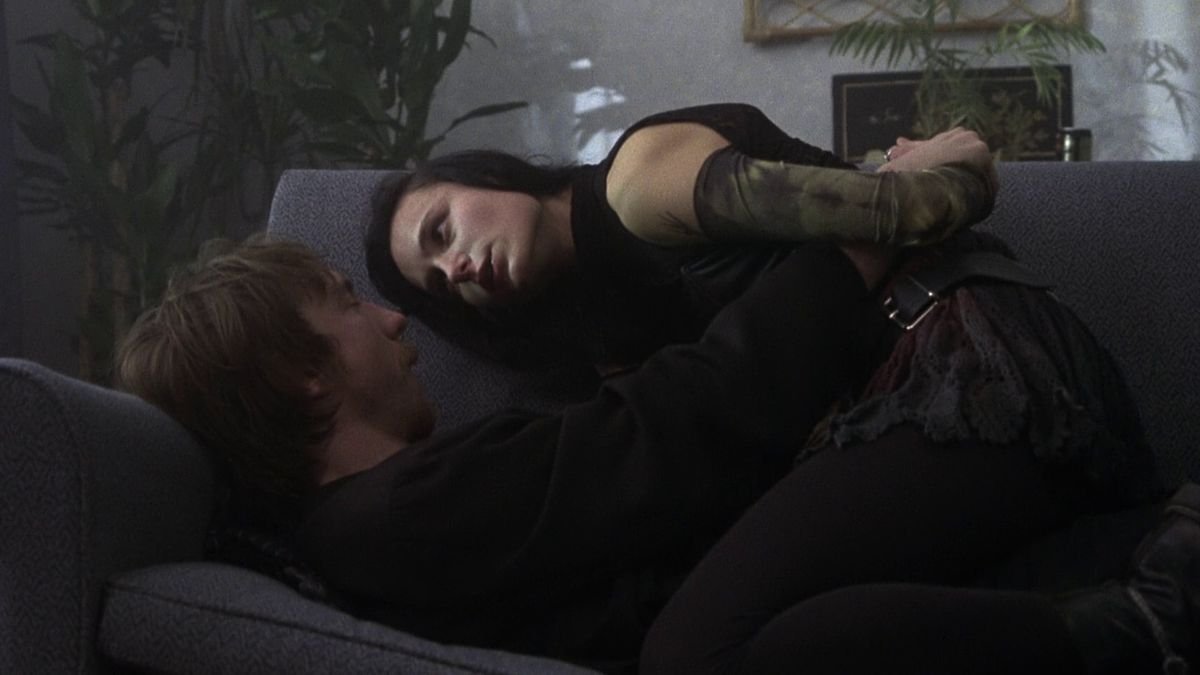
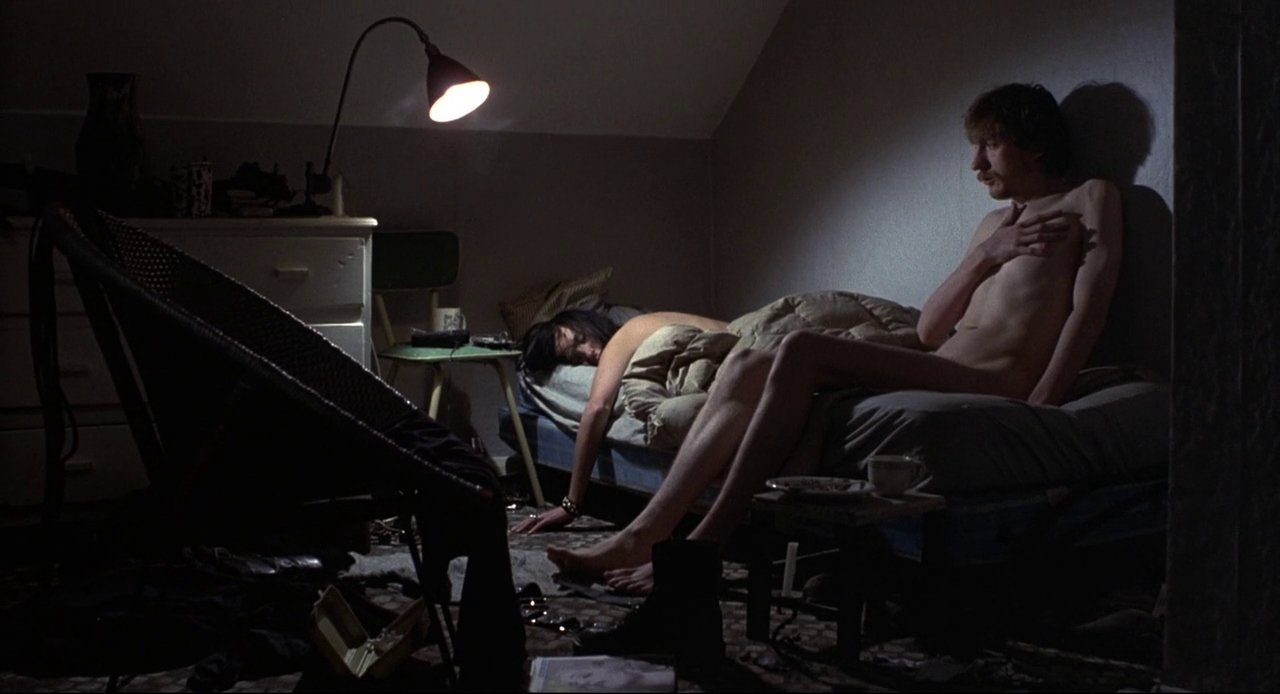
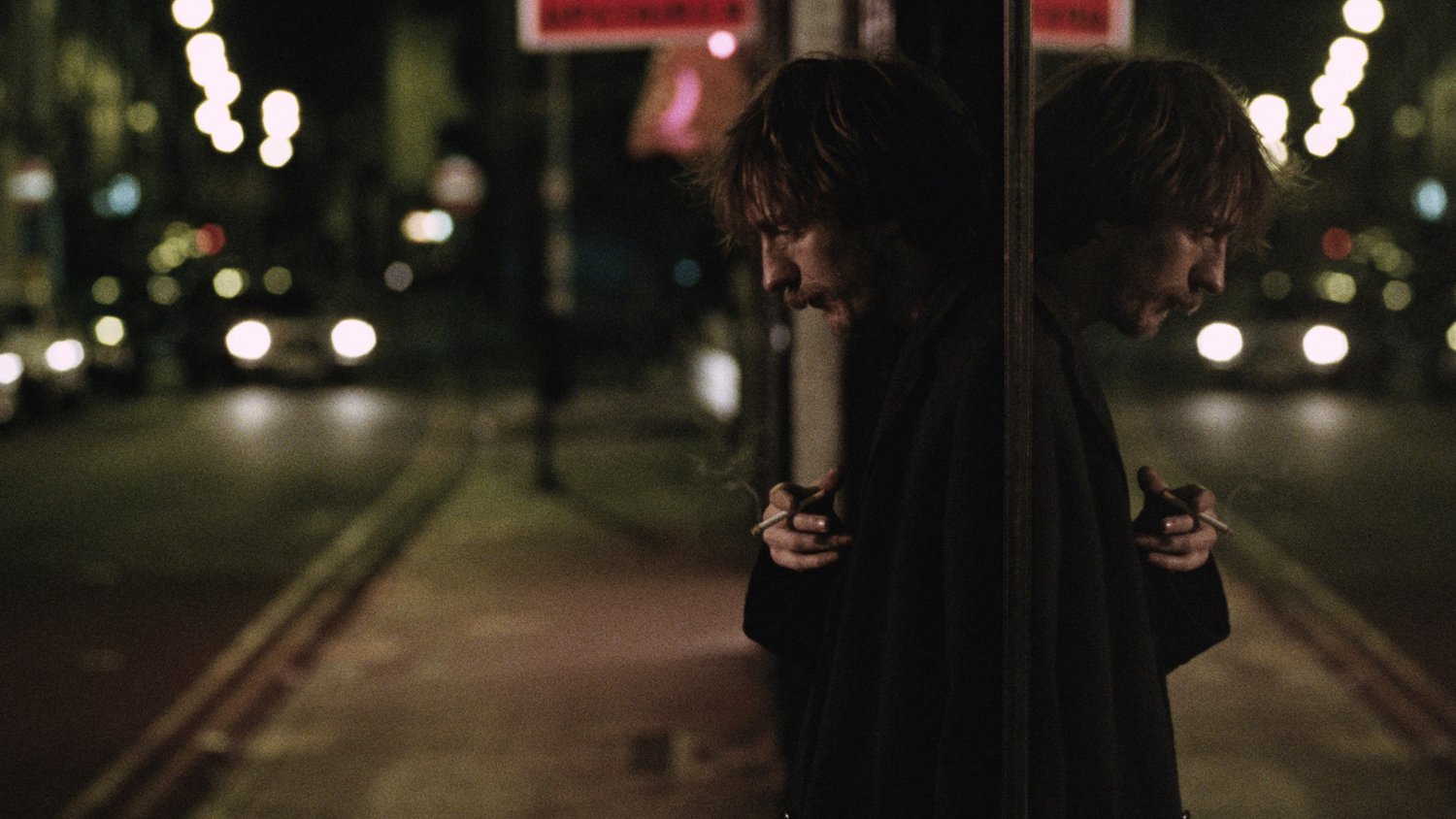




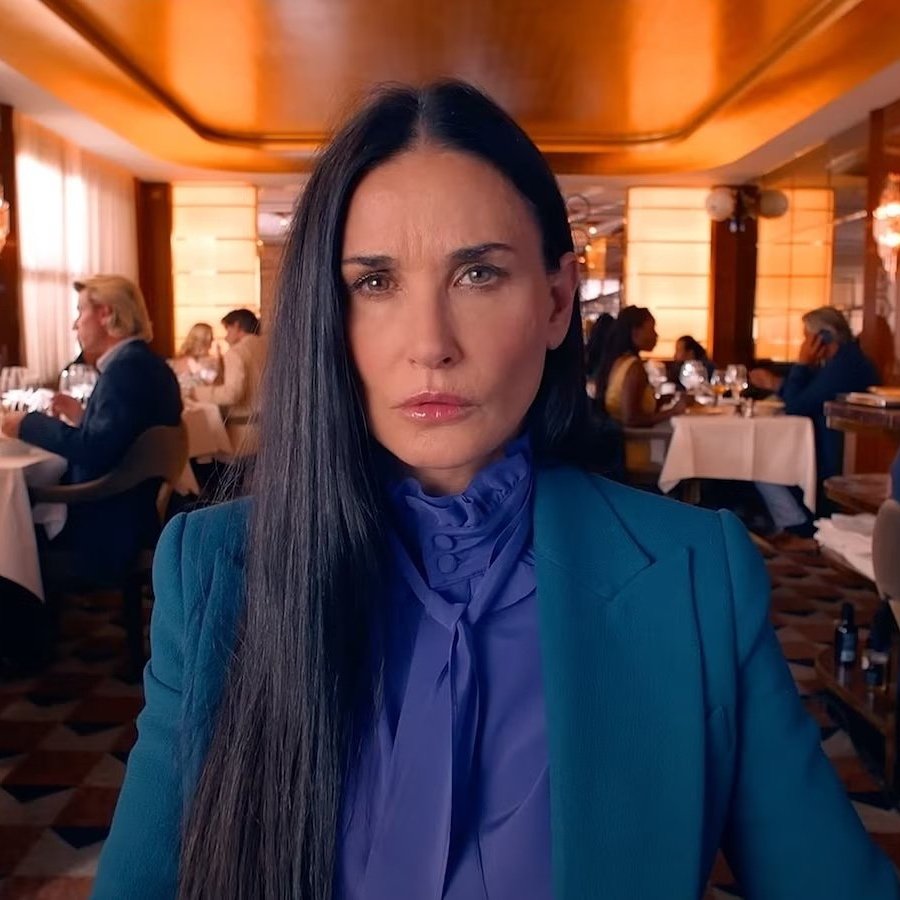
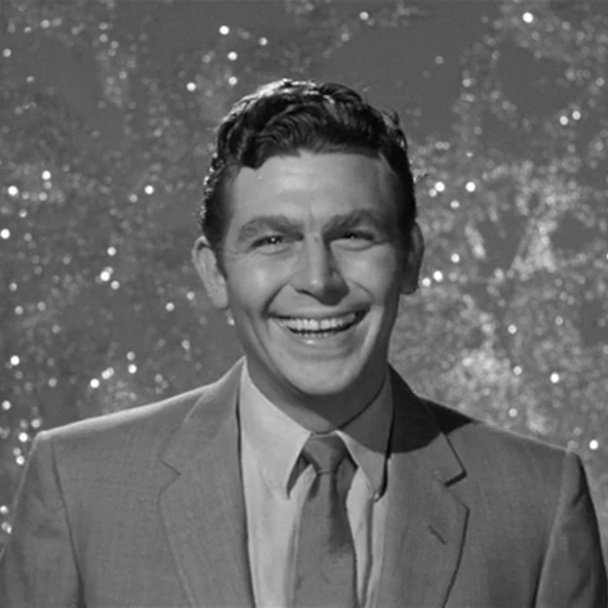


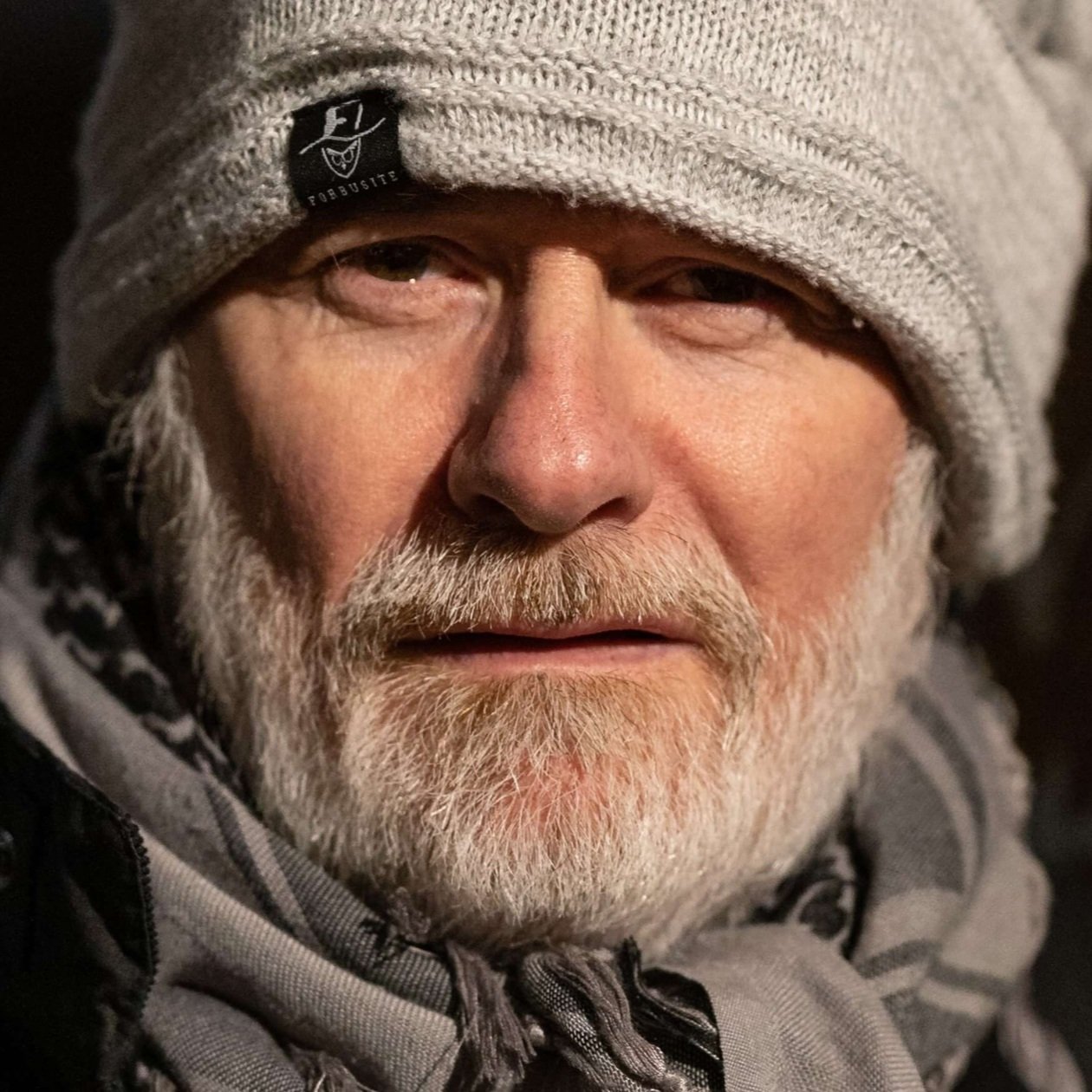
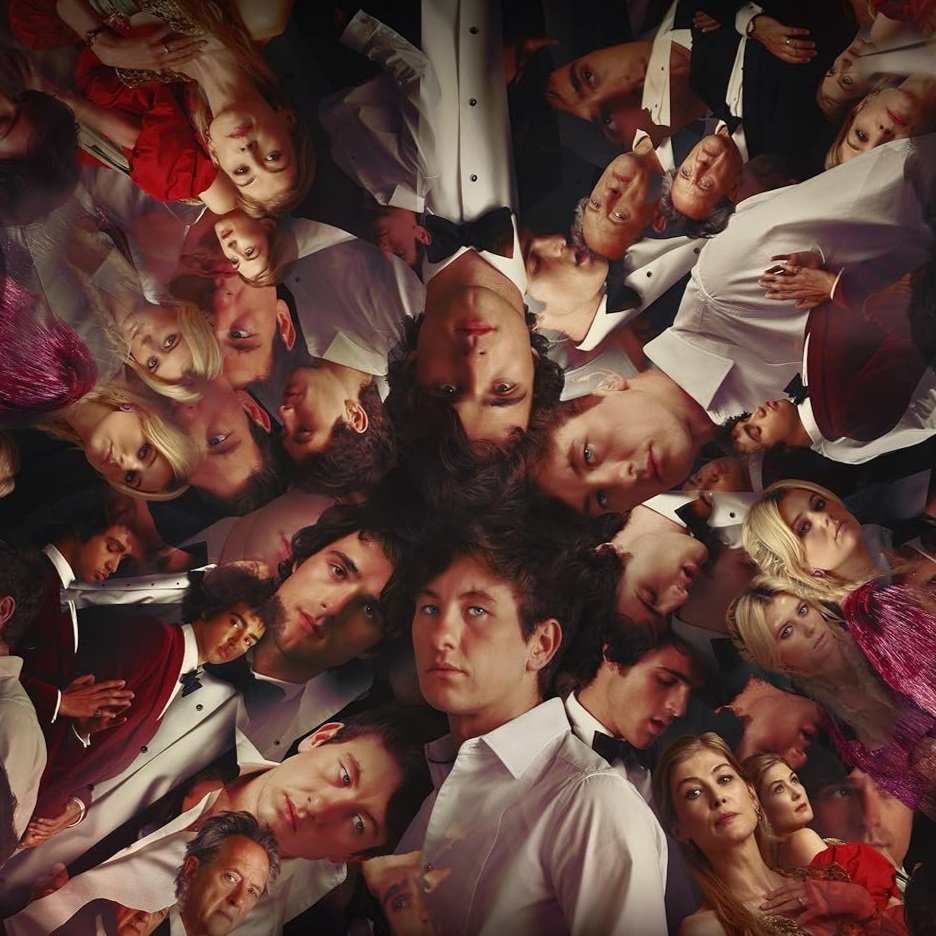






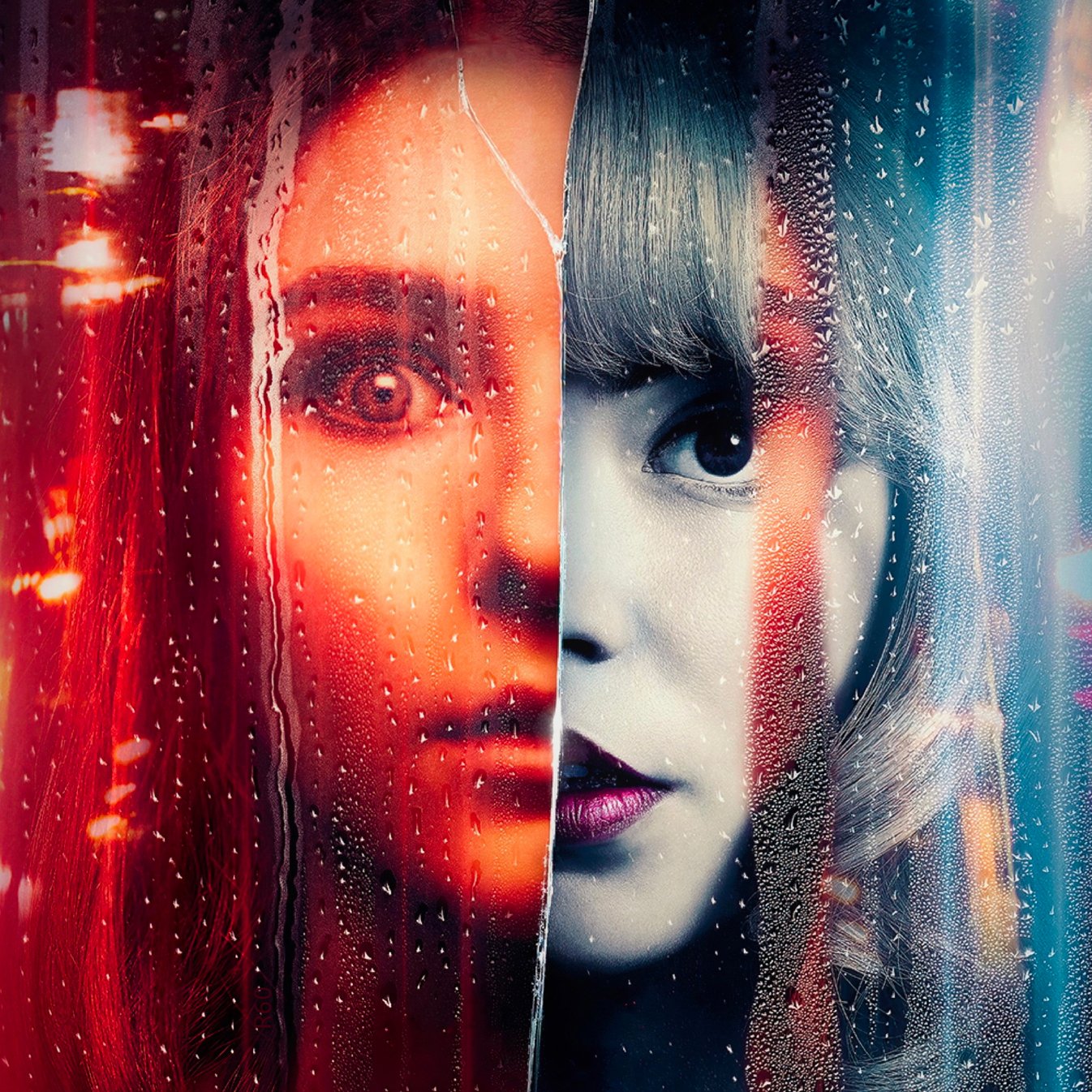
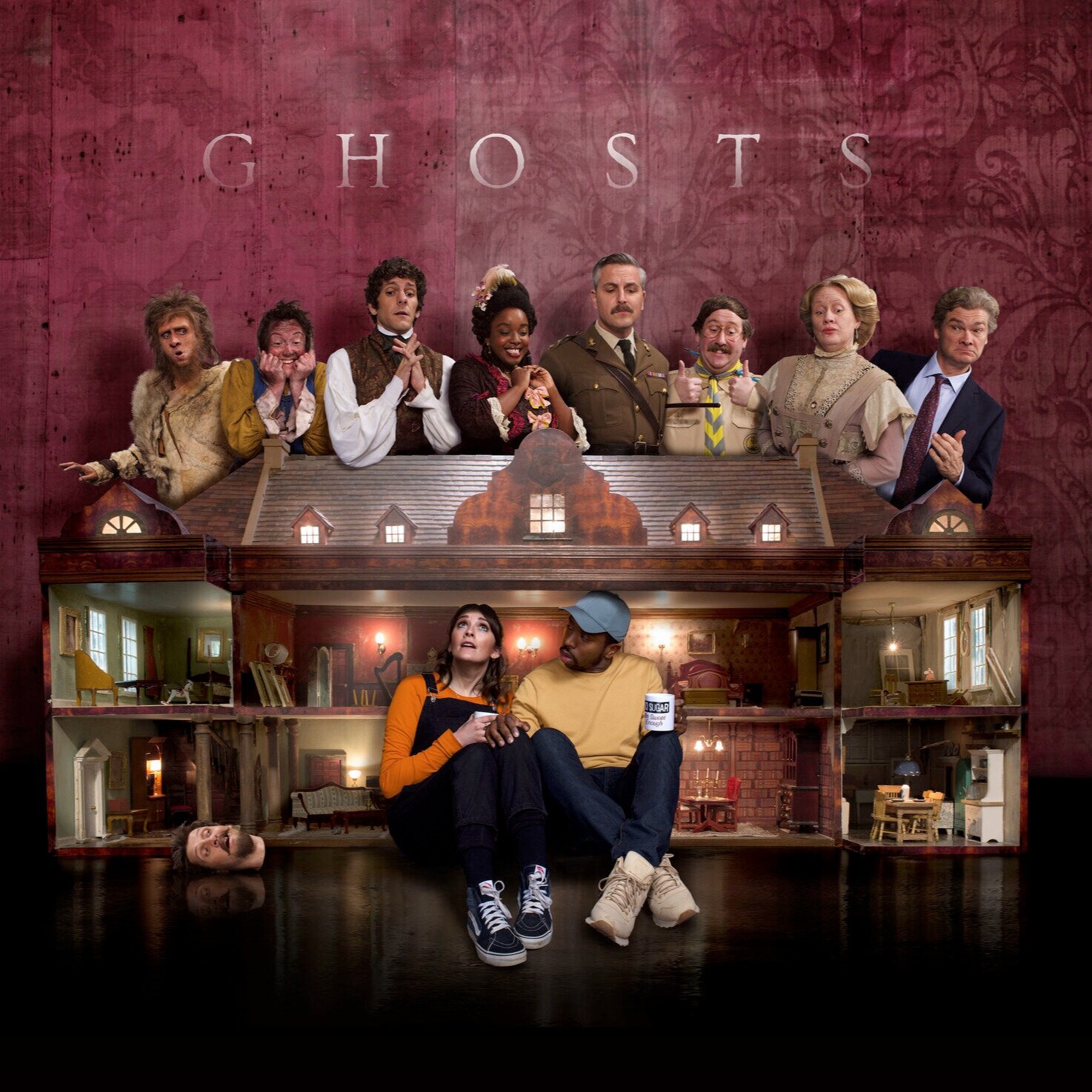
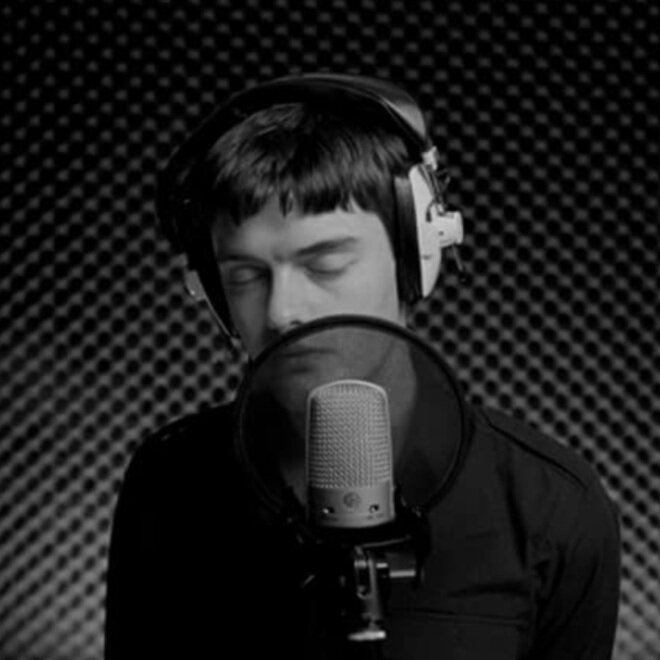
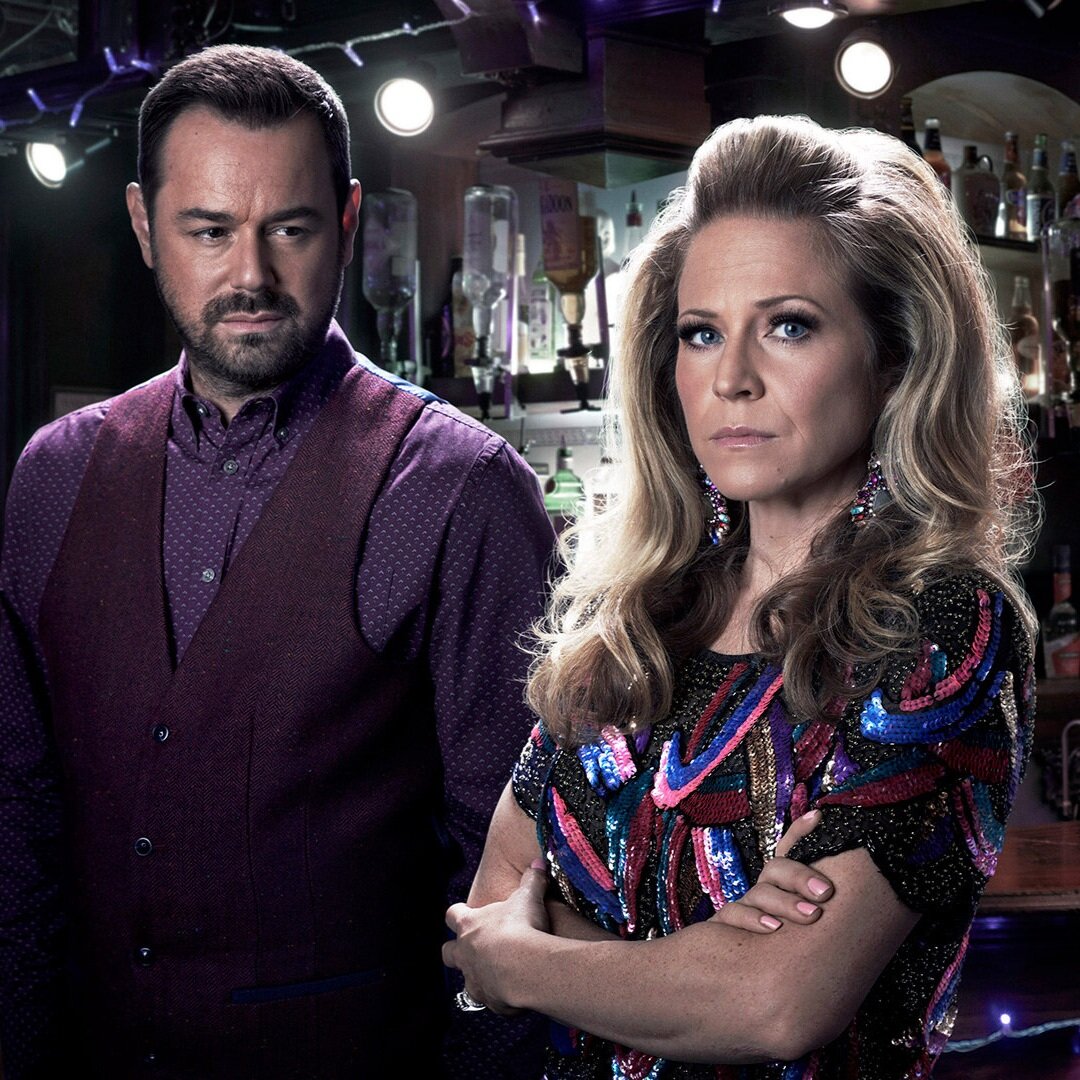

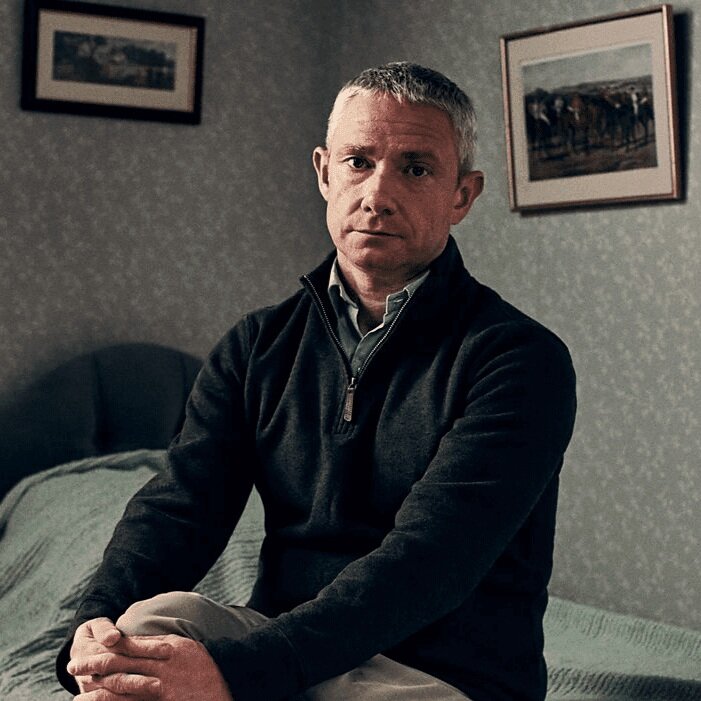
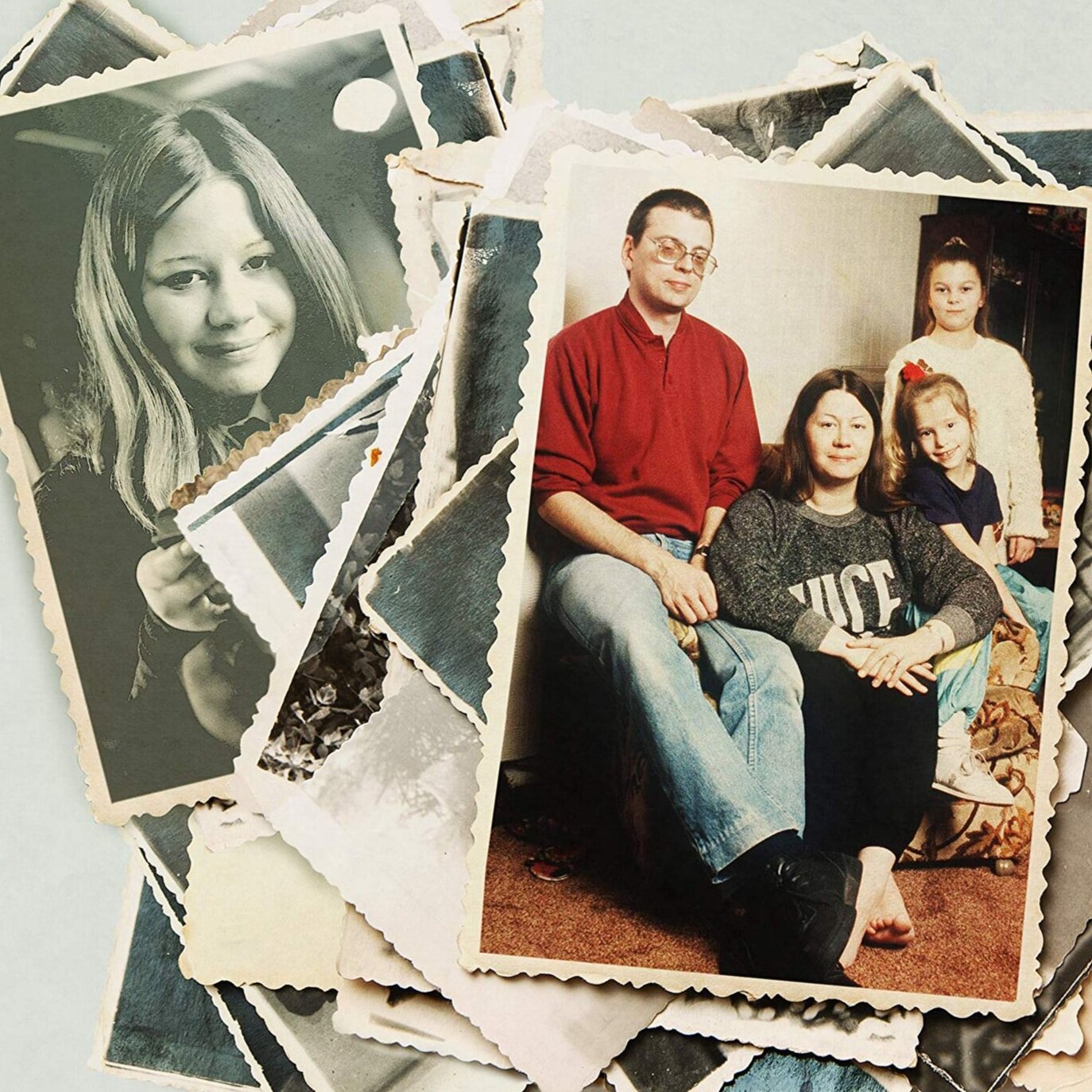
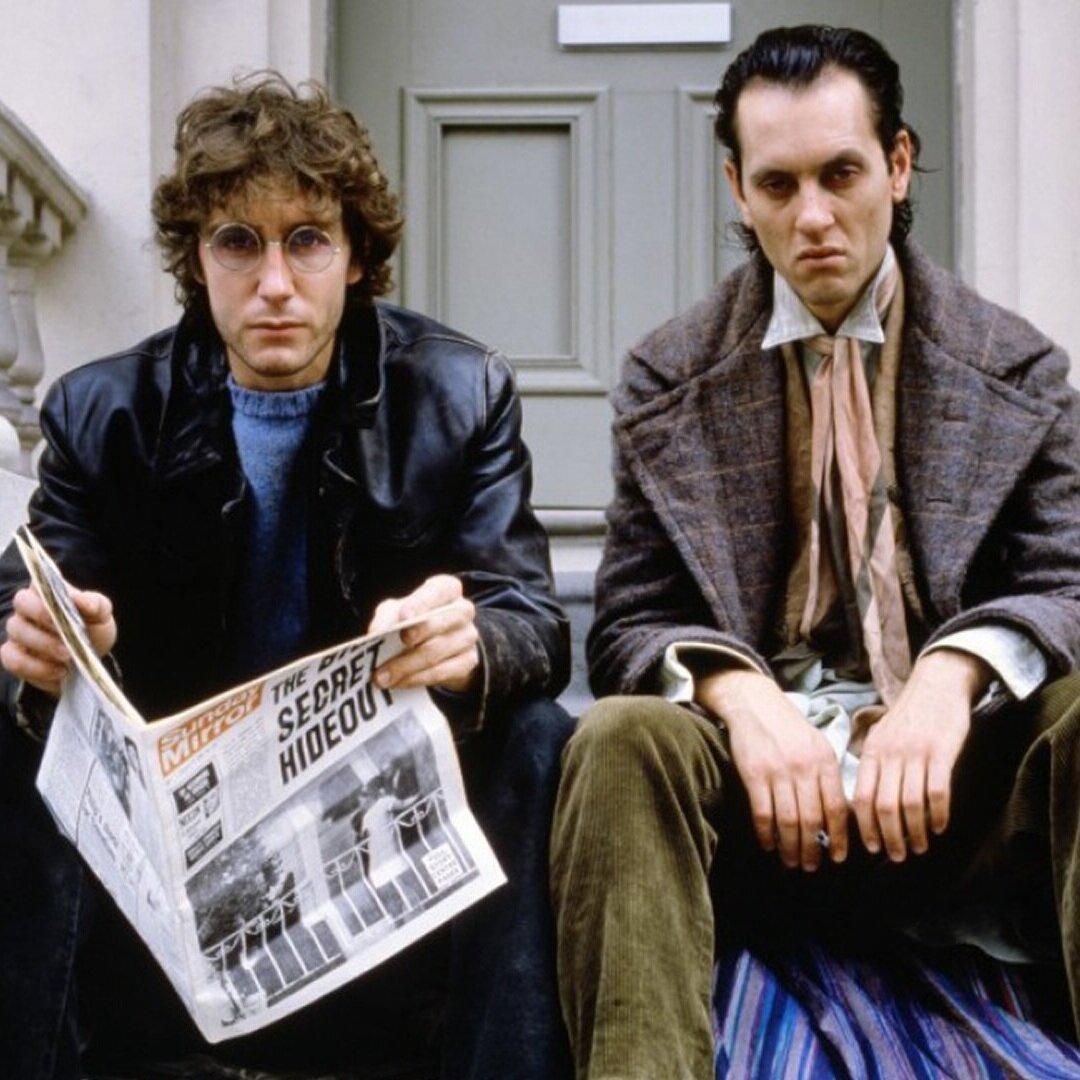

![Three Essential Black Mirror Episodes for New Viewers [SPOILERS]](https://images.squarespace-cdn.com/content/v1/608d9ef497633c6b6eb71caf/1620754679358-1W0DAR492IZLWOAV28J9/a27d24_dbbb6890773a4d818a88751169d459e6_mv2.jpg)
